In this episode of Economics Matters -- the Podcast, I cover Upside Investing. There are two holy grails in personal finance. One is building a floor to your living standard. The other is investing in the market with no downside risk to your living-standard. My company's MaxiFi Planner's Upside Investing report does both.
Unlike Wall Street's phony asset-bucketing strategy, which purports to set a floor to your income, Upside Investing builds a floor to your bottom line -- your household's sustainable living standard. It does so by combining a spending strategy with an investing strategy. The spending strategy is simple. Spend only out of safe assets, such as inflation-indexed Treasury bonds called TIPS (Treasury Inflation Protected Securities). The investment strategy entails investing in stocks (the S&P 500), but treating them for spending purposes as entirely lost until they are found, i.e., sold, with the proceeds used to buy additional TIPS.
When you run MaxiFi's Upside Investing report, the tool does two things. It generates a living standard floor based on your safe resources. Second, it runs Monte Carlo simulations showing you the range of upsides to your living standard floor that your stock investments may permit. The more assets you invest in stocks, the less you have available to invest in TIPS and vice versa. Hence, the higher your upside, the lower your floor and the lower your upside, the higher your floor.
No other software does Upside Investing. It's not simple. Indeed, it took us decades to develop the methodology. There is one other remarkable lesson I convey in the podcast. You can put a relatively small share of assets into the stock market and still have a shot at a remarkably high upside to your living standard. This is due, in part, to avoiding sequence of return risk. Since you let your stocks ride for years prior to conversion, you don't do what conventional planning recommends, namely spend the same amount in retirement no matter whether your stocks are or are not tanking. Stated differently, conventional planning maximizes sequence of return risk. Upside investing eliminates it, at least until your conversion period begins.
Economic Matters - The podcast is hosted by Laurence Kotlikoff, a Boston University Economist, a NY Times Best Selling Author, President of maxifi.com, and Author of Money Magic.
Stay Connected: Facebook, Twitter, LinkedIn

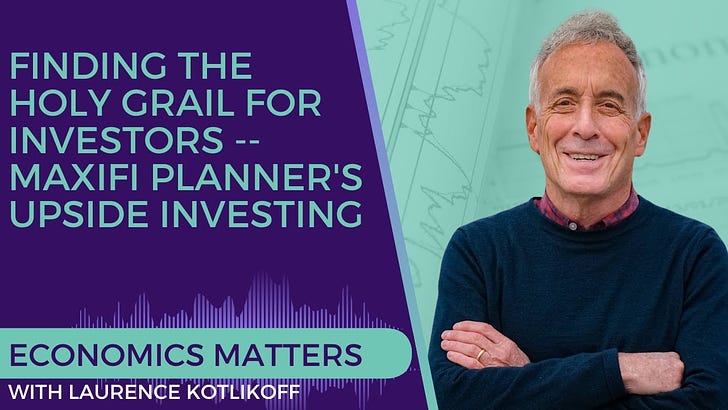
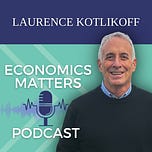


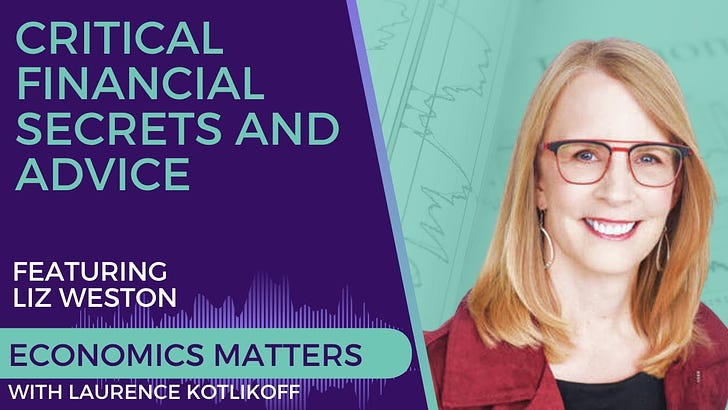
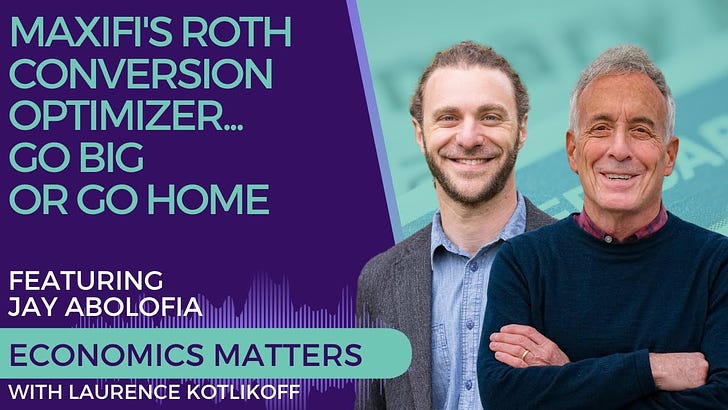
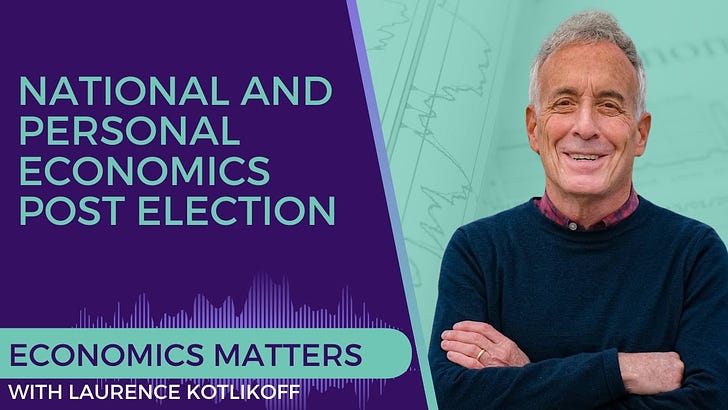
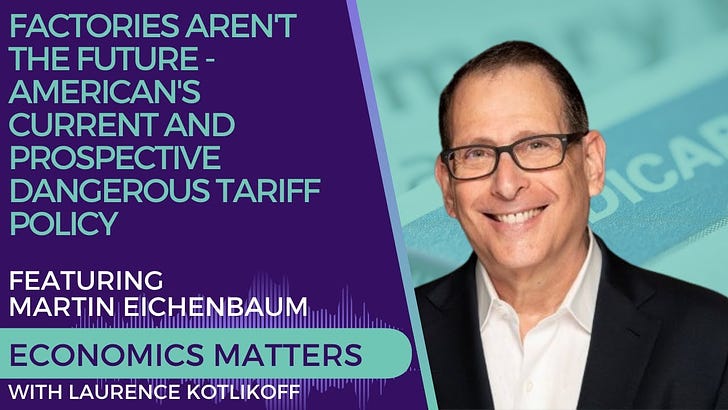
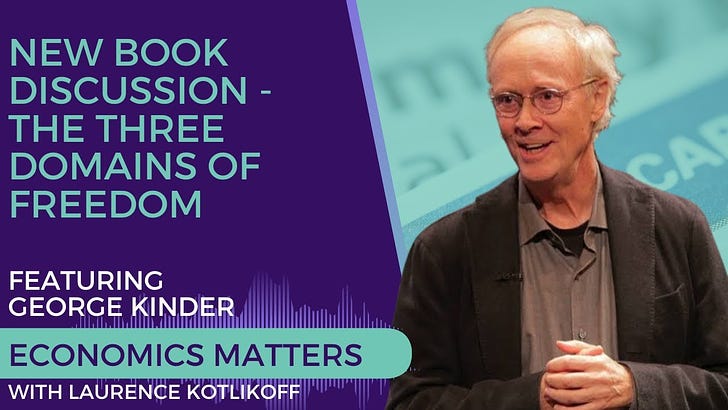


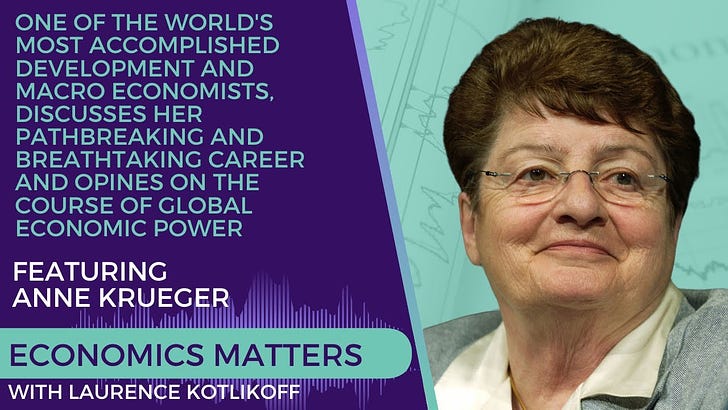
Share this post